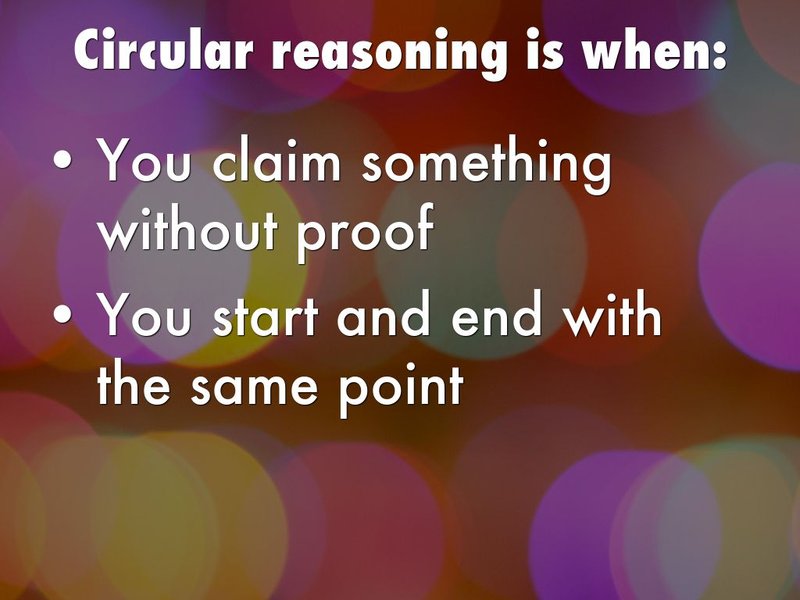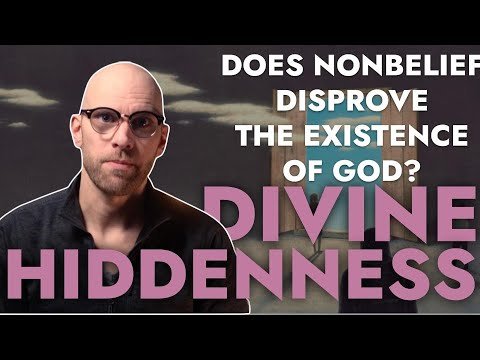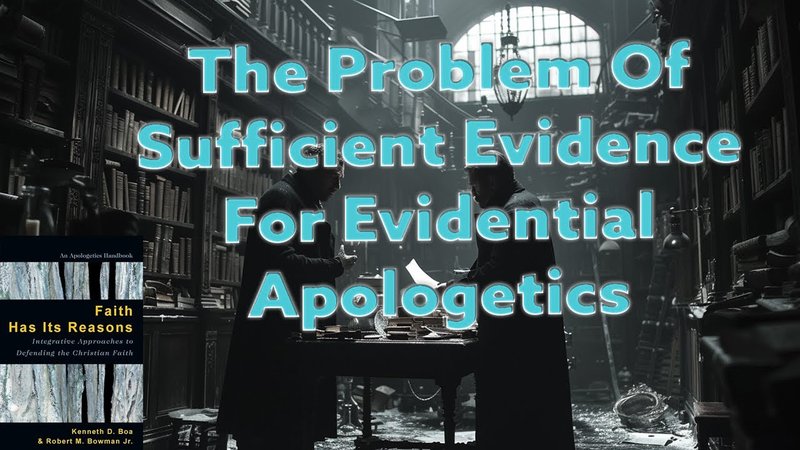· Apologetics > Apologetics Basics > Arguments · 4 min read
Divine Power Revealed: Unraveling the Omnipotence Paradox Biblically
Delve into the thought-provoking concept of the omnipotence paradox, exploring the limits of absolute power in this intriguing article.

The Omnipotence Paradox: Can God Create a Stone He Can’t Lift?
The omnipotence paradox is an argument that suggests the concept of an all-powerful being is self-contradictory and, therefore, impossible. However, it is important to note that this argument relies on defining omnipotence in ways contrary to Scripture. While these paradoxes may challenge certain conceptions of God, they do not prove that the God described in the Bible is impossible.
What is the Omnipotence Paradox?
The most well-known form of the omnipotence paradox is the question: “Can God create a stone so heavy that He couldn’t lift it?” If He can’t create such a stone, then He is not truly omnipotent. And if He can create it, then He is still not omnipotent because He can’t lift it.
Different Forms of the Omnipotence Paradox
Several variations of the omnipotence paradox exist, and they have been debated for centuries. Thomas Aquinas, a prominent theologian from the 13th century, engaged in this debate by presenting counterpoints to these arguments. Some versions of this paradox can be traced back to at least the sixth century AD. Despite attempts to strengthen these arguments, they ultimately fall apart under scrutiny.
Logical Inconsistencies and Nonsense
The problem with the omnipotence paradox lies in its logical inconsistencies. It essentially asks whether a force can overcome itself. To validate this criticism, one must assume that equal forces are not actually equal. If God can create something, it implies that He can control it. This is not a limitation of power; rather, it is an expression of power. Therefore, saying that “God cannot be more powerful than God” and concluding that He is not powerful is inherently absurd.
Furthermore, these paradoxes rely on a limited understanding of concepts like weight, gravity, and objects themselves. All of these would be under the control of an omnipotent being. If a being is truly omnipotent, they could modify gravitational force, time, and distance. From God’s perspective, there is no concept of something being “too heavy.” Philosophers have attempted to redefine omnipotence throughout history to address this flaw in logic. However, they often struggle to comprehend the true nature of an absolutely omnipotent being and end up misrepresenting what omnipotence truly means.
The Will of God and the Nature of Our Universe
Rather than focusing on whether God can do something, it is more meaningful to ask whether He would do it. Would God create a situation where He had to change the foundational scientific principles as we understand them? Would He alter the strength of gravity or the relationship between potential and kinetic energy? Scientists and engineers widely agree that the balance of these physical relationships is finely tuned to support life as we know it. This universe was intentionally designed to allow for our existence. The laws and rules of physics, mathematics, and logic were established so that we could exist and have the opportunity to know God through His creation.
The “Square Circle” Paradox
Another common version of the omnipotence paradox poses the question: “Can God make a ‘square circle’?” Once again, the problem here is not a lack of power but rather a logical inconsistency. Square and circle are defined differently, making a “square circle” nonsensical. In fact, there is no need to answer this question at all because it is inherently nonsensical. As C.S. Lewis wrote, “It is no more possible for God than for the weakest of His creatures to carry out both of two mutually exclusive alternatives; not because His power meets an obstacle, but because nonsense remains nonsense even when we talk about it in relation to God.” Paradoxes that do not address the true creative power and deliberate will of God are simply two mutually exclusive alternatives strung together to form nonsense. God’s omnipotence is not self-refuting.
Why This Matters
Understanding the omnipotence paradox and its inherent logical inconsistencies is crucial for maintaining a coherent understanding of God’s nature. By recognizing the limitations of certain conceptions of omnipotence, we can better appreciate the true power and sovereignty of God as described in the Bible.
Think About It
- How does the idea of an all-powerful being challenge our understanding of logic and reason?
- Would it make sense for God to create a situation where He had to alter fundamental scientific principles? Why or why not?
- What does it mean for God to be truly omnipotent? How does this understanding impact your view of His power?
- How does recognizing the limitations of human logic and understanding help us appreciate the infinite wisdom and knowledge of God?



